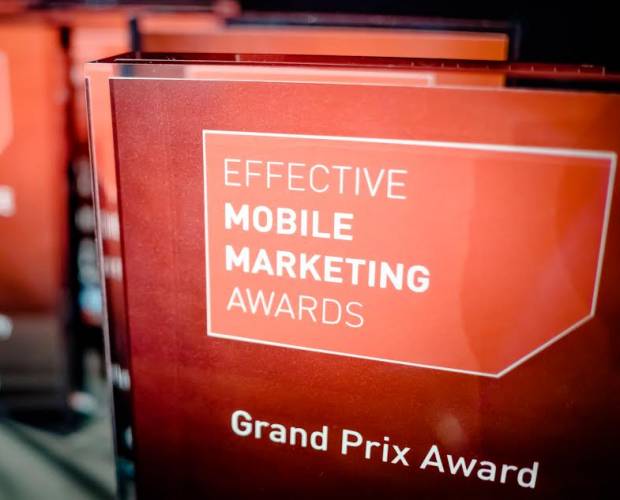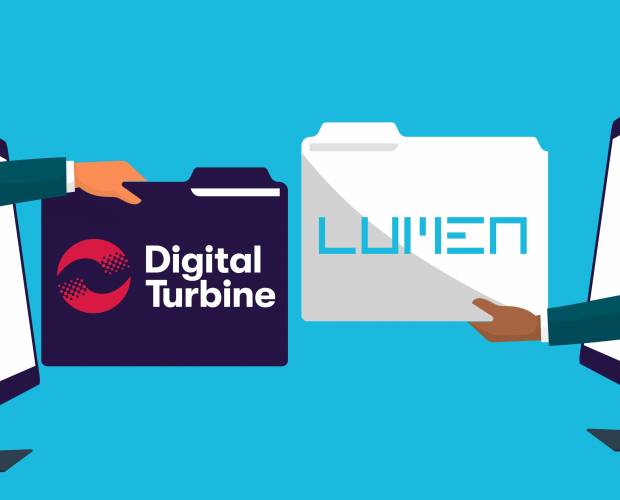Two-thirds of millennials wouldn't mind AI being used to help them with buying decisions
 More than 66 per cent of millennials are open to brands using AI to help inform and direct their buying decisions, according to predictive marketing company Rocket Fuel.
More than 66 per cent of millennials are open to brands using AI to help inform and direct their buying decisions, according to predictive marketing company Rocket Fuel.
In a survey of 1,895 people – from the UK, US, Germany, Italy, Sweden, Australia, France and Spain – 80 per cent of 25-34 year olds stated that they see value in brands engaging them with personalised advertising. Furthermore, 62 per cent said they see the value of using AI to make suggestions on products and services.
“Our research provides a fascinating snapshot of consumer attitudes towards AI and the fast-changing digital landscape,” said David Gosen, GM of global platform solutions and SVP of international at Rocket Fuel.
“This is especially true for millennials, who are aware of the value exchange that takes place – they provide brands with personal data and expect to see their information used in ways that provides them with tangible benefits. Being able to engage with millennials in a personalised way is the next frontier as brands seek to maintain and increase relevancy in the digital age.”
Nearly 66 per cent of respondents said they find AI to be an exciting development – with this growing to 81 per cent among males aged 18 to 34. In addition, 69 per cent of those surveyed feel it has become a part of everyday life, while 57 per cent – of those who are aware of its use in advertising – feel it is a positive force.
“Artificial intelligence can help marketers navigate the oceans of data that exist today and anticipate the moments a consumer is most likely to notice them or take interest in their brand, products and services,” Gosen added.
“This means they can offer real-time, contextual targeting that allows them to find potential customers and serve ads that are anticipated, even enjoyed, rather than irritating. This is really only the beginning of the journey. As artificial technology continues to develop we expect to see it incorporated into our lives and experiences in deeper and more meaningful ways.”







